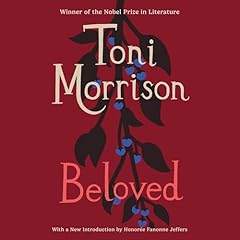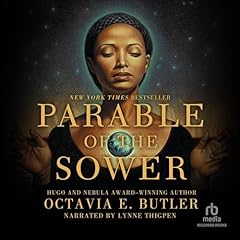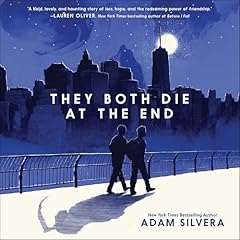
Ceremony
No se pudo agregar al carrito
Solo puedes tener X títulos en el carrito para realizar el pago.
Add to Cart failed.
Por favor prueba de nuevo más tarde
Error al Agregar a Lista de Deseos.
Por favor prueba de nuevo más tarde
Error al eliminar de la lista de deseos.
Por favor prueba de nuevo más tarde
Error al añadir a tu biblioteca
Por favor intenta de nuevo
Error al seguir el podcast
Intenta nuevamente
Error al dejar de seguir el podcast
Intenta nuevamente
 Exclusivo para miembros Prime: ¿Nuevo en Audible? Obtén 2 audiolibros gratis con tu prueba.
Exclusivo para miembros Prime: ¿Nuevo en Audible? Obtén 2 audiolibros gratis con tu prueba.
Elige 1 audiolibro al mes de nuestra inigualable colección.
Acceso ilimitado a nuestro catálogo de más de 150,000 audiolibros y podcasts.
Accede a ofertas y descuentos exclusivos.
Premium Plus se renueva automáticamente por $14.95 al mes después de 30 días. Cancela en cualquier momento.
Compra ahora por $20.56
-
Narrado por:
-
Pete Bradbury
Los oyentes también disfrutaron:




















Las personas que vieron esto también vieron:


















My favorite novel
Se ha producido un error. Vuelve a intentarlo dentro de unos minutos.
Silko captures the pain of that betrayal—of fighting for a country that neither sees you nor welcomes you. The book’s depiction of post-war disillusionment is devastating. The return to the reservation is not a homecoming but a collapse, a return to isolation, poverty, racism, and spiritual dislocation. The trauma isn’t just individual—it’s generational, historical, and cultural.
What struck me most was how Ceremony becomes more than a story—it becomes a healing ritual. Silko’s structure mirrors a ceremonial act, blending Laguna oral traditions with Western narrative form. The non-linear storytelling, the interweaving of myth and memory, creates a space where the very act of telling is curative. Tayo’s journey is about much more than recovery from war trauma; it’s about reclaiming identity through tradition, land, and story.
Tayo’s mixed-race identity adds another painful layer. He is caught between worlds—never fully accepted by the white Americans, nor entirely embraced by his own community. His suffering is psychological, but it also reflects the broader consequences of cultural erasure. Silko gives voice to this inner fracture, showing how colonialism not only seizes territory but also splinters identity, memory, and belonging.
One of the most powerful aspects of the novel is its reverence for nature. In Silko’s world, the land is alive—sacred, watching, responsive. The natural world is not scenery but participant. Losing connection to the land is spiritual death; reclaiming it is essential to healing. The contrast between this worldview and America’s extractive capitalism is sharply drawn. The novel doesn’t just critique the commodification of land—it shows how the American Dream itself is built on a foundation of greed, violence, and environmental destruction.
Silko also turns her eye inward, exploring how trauma can breed cycles of internalized violence. Characters like Emo, who lashes out and mimics the very systems that dehumanize him, embody the corrosive effects of historical oppression. Their pain is real, but their rage is tragically misdirected.
Ultimately, Ceremony is a story of resistance—not through revolution, but through remembering. Silko’s work reclaims narrative space for Native voices and offers a new way of understanding healing, not as forgetting trauma, but as integrating it through connection: to land, to story, and to each other.
This is a sad, powerful, and deeply spiritual novel. It challenged me, moved me, and made me reflect on the contradictions of the America we live in—the beauty and brutality, the promise and betrayal. It’s a book I will return to, and one that deserves to be read slowly, reverently, and more than once.
How little America thinks or cares about the first people
Se ha producido un error. Vuelve a intentarlo dentro de unos minutos.
great book
Se ha producido un error. Vuelve a intentarlo dentro de unos minutos.
Creative, Creative, Creative!
Se ha producido un error. Vuelve a intentarlo dentro de unos minutos.
Riveting
Se ha producido un error. Vuelve a intentarlo dentro de unos minutos.


